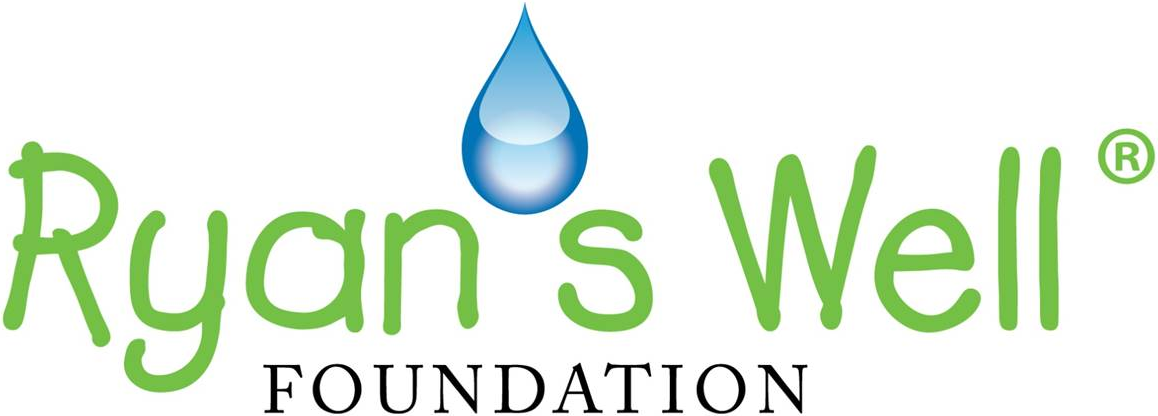What are the Sustainable Development Goals?
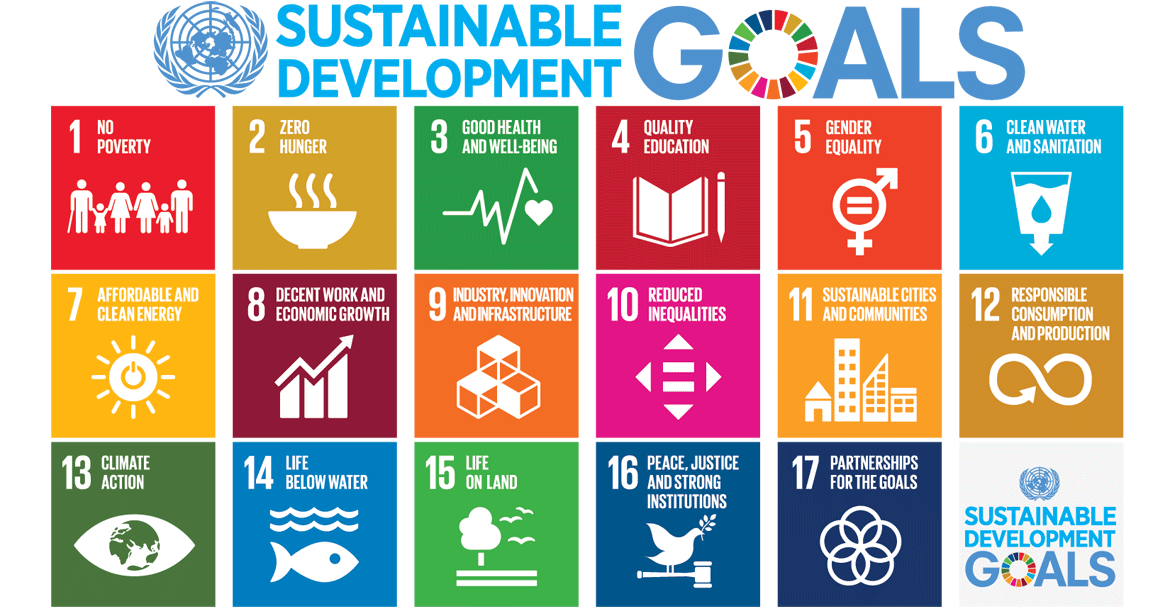
The Sustainable Development Goals (SDGs) are 17 goals for peace and progress that were curated by the United Nations to be achieved by the year 2030. The key elements of the agenda revolve around the elimination of poverty, and using environmental resources in ethical and sustainable ways for mankind. The 2030 agenda is reflected heavily in the work we do at Ryan’s Well Foundation, as we align with the majority of the goals. The most obvious of these is number 6: clean water and sanitation, but we work towards many other goals throughout the work we do.
How are we involved?
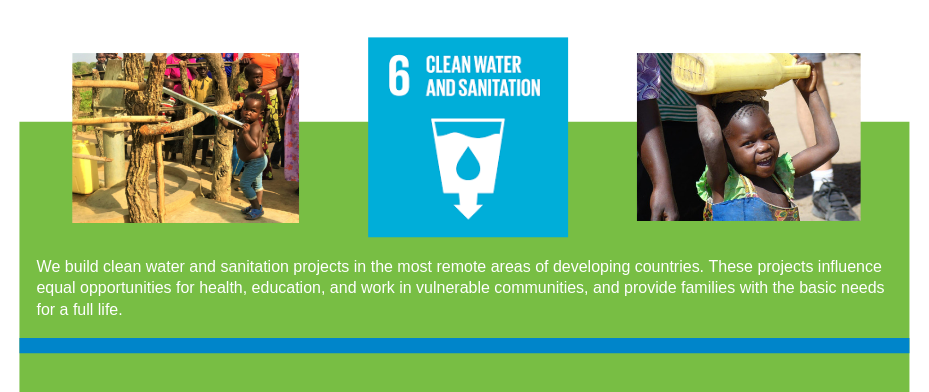
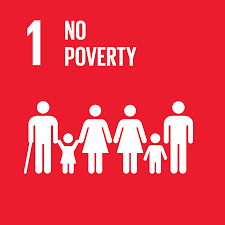
Illness and disease caused by water can interrupt school and work attendance, as well as participation in community life. With clean water sources, children can return to school, and women and men can return to work, helping families to break the poverty cycle.
A major contribution to malnutrition in Sub-Saharan Africa, especially in children under the age of 5, is a lack of access to safe water; consuming contaminated water can lead to diarrhea, which then causes a loss of nutrients from food intake. However, access to a safe source and proper storage of water for cooking and drinking can help alleviate nutrient loss and improve overall health and well-being.


Access to safe water and sanitation prevents intestinal infections and the spread of water-borne diseases (such as diarrhea, cholera, and typhoid). With a lessened burden of illness and disease from contaminated water sources, vulnerable communities are able to live happier, healthier, and longer lives.
Children in rural Africa, especially young girls, miss hours of class every day to fetch water from a contaminated source. Appropriate water and sanitation facilities in schools lead to better education and health outcomes for students, supports girls’ menstrual hygiene management, and ensures greater attendance and enrollment of both boys and girls in school.
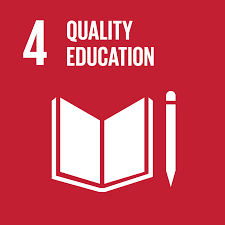

We work against gender stereotypes, and advocate for female participation within our water committees and during the construction phase of our water projects. Women are typically the key users and caretakers of a water source, and their engagement yields more sustainable outcomes. Therefore, access to safe Water, Sanitation and Hygiene (WASH) training is a critical pathway to transforming gender relations. Our water and sanitation projects encourage women and girls to become agents of change, and help them to lead healthy lives, and participate in social, economic, and political activities.
We work with our local partners in the field to identify the most marginalized individuals within each community in which we work, such as those with mentally and/or physically disabled persons, and look to bridge the gap, so that everyone has access to safe drinking water. Our projects are generally located in areas where they will impact the most people, and help those most at risk. For example, we may situate a water source near the homes of older residents.

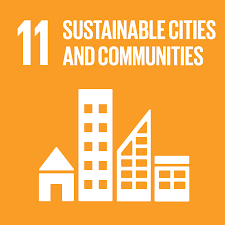
By providing safe water sources and WASH education, communities are better able to further develop sustainable livelihoods. For example, rainwater harvesting tanks provide, not only potable water, but the water to wash clothes, dishes, for hygiene purposes, and to irrigate cash-crop or livestock farms.
WASH training always accompanies our water projects, and is essential for the sustainable usage of natural resources. For example, WASH training helps our benefiting communities to better understand their water source, and teaches community members when they can and cannot access water from their sources. This helps to avoid over-exploitation of the natural source (ground water, rainwater, or surface water).
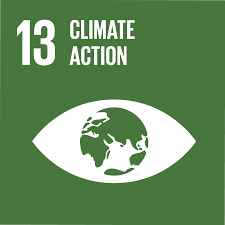
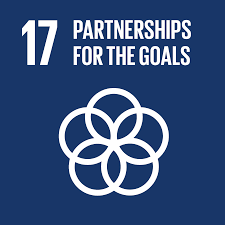
Our Foundation partners with other non-governmental organizations, including our local partners in the field, and other international organizations, to collectively work towards achieving our goal of access to safe water and sanitation for all.
![]()
Ryan's Well is a registered Canadian charity (No. 88858 7110 RR0001).
© 2024 Ryan's Well Foundation All rights reserved.
A Canadian charitable tax receipt will be issued on donations of $10 or more.
Website hosting and management by ProBase Web.
